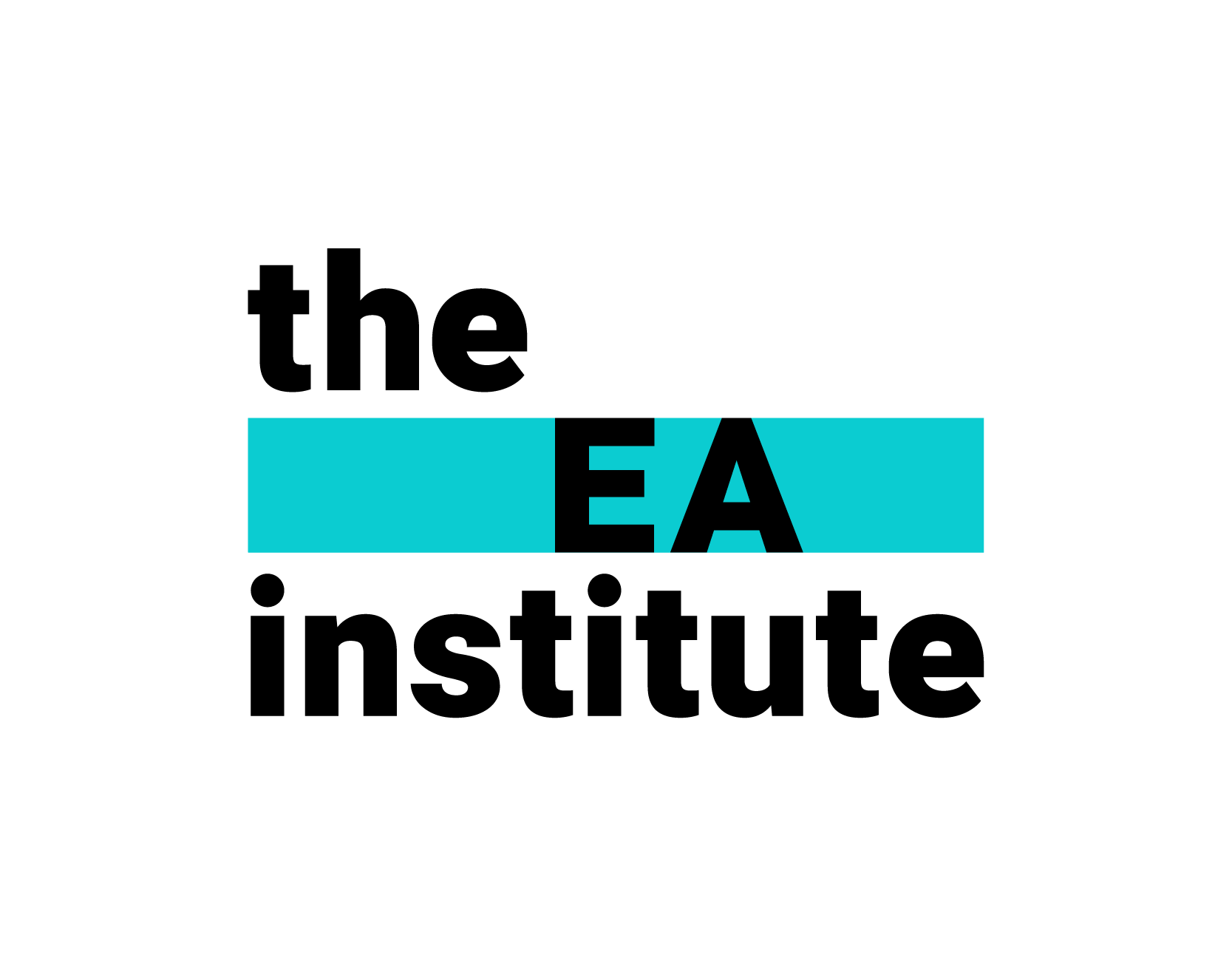How to strategically prepare for performance reviews
By Amanda Vinci
I love performance review time! I know, I sound crazy, many Assistants will say to me that they hate this time of year, but I say you’re missing a golden opportunity. Learning how to strategically prepare for performance reviews is a forced opportunity for you to review your performance and plan for future goals.
I want to emphases forced here. As Assistants we can be so focused on everyone else, that we rarely take the time to focus on ourselves.
This was a serious challenge for me when I was an EA. My Performance Review meeting was always the first one I moved and when it finally came time to have it, my preparation was often done on the back of a napkin while stuffing down some lunch hours before my meeting. It’s safe to say not a whole lot of thought went into this process. And what I learnt about that is that if you ‘fail to plan – plan to fail’. Yep, it meant that if I wasn’t clear of my accomplishments, what worked, what didn’t work, and even more importantly, if I wasn’t prepared to think about my future, where I wanted to be and my goals… why should anyone else?
I was caught in the passenger seat, with everyone else driving my car, as I certainly wasn’t!
It wasn’t until much later in my career that I started to get the importance of learning how to strategically prepare for performance reviews and getting in the driver’s seat of my future.
I took a much more strategic approach to preparing for my Performance Reviews and this was done on an annual basis.
Taking a strategic approach encompasses the bigger picture, cross-functionally within your organisation and also more broadly in your market or industry. It embraces a wide time horizon, including reflecting back on the experience and projecting out into the future.
All of this requires devoting time to reflection and stepping out of the action to observe.
The steps I took involved a review phase and a plan phase and this completely catapulted my results and had me achieving goals I had only dreamed of by taking a strategic approach to my performance reviews.
Review Phase
What have you been working towards?
Review the organisations strategy and what part your executive has played in achieving this strategy. These are often clearly identified in your Executives KPIs. If you don’t know what these are, it’s almost impossible for you to do your job effectively. You need to understand what you’re working towards for you to be effective in what you say yes to, and what you say no to.
In this process you would review your Executive KPIs and your KPIs and ask the following questions:
- How did I go in achieving what I set out to achieve?
- What worked?
- What didn’t?
- What barriers did we come up against?
- What did I learn this year about this?
- What was accomplished?
- What progress was made?
- What would I like to acknowledge myself for?
Many times, I have had conversations with Assistants who have been disappointed with their review. Often its because they feel like they have been working really hard and didn’t get recognised for their efforts. The question I always ask is “are you working on the ‘right’ things?”
This is why understanding the objectives that move the needle forwards are critical to ensure you’re working on the most important things to be working on and discarding the rest.
Review Expectations
This is an opportunity to review what expectations you have of your manager and see if these were met.
Questions to ask yourself here include:
- What do I expect of my manager?
- Were these expectations met?
This allows you to reset your expectations with your manager when you meet for your review.
Planning Phase
Get Clear on Your Goals
This is your time to dream. What do you want out of your future in the workforce? Do you like the path you’re on now, or do you think you might want to pivot into a new role, department, or career track altogether?
What would you like to do or learn in the next 12 months? Maybe you want to try your hand at managing people for the first time, or take ownership over a new process or project. Maybe you want to be responsible for tracking and reporting on some metric in your leadership meetings
Think further than one year into the future, too. What might your whole life in the workforce look like? It’s OK if you don’t know (most people don’t) — that vision will almost certainly change. But it’s helpful to think of a handful of possible futures that appeal to you, then do some reflecting, cast the vision, and then map back the major steps between those futures and where you are now.
Doing this can help you come up with a list of skills you want to learn, experiences you want to try, and goals you might want to set for the future as you head into your performance review.
Be prepared to share with your executive:
- Your major personal goal for the next 12 months
- Your major professional goal for the next 12 months
- How you intend to get there
- What you need from your manager to support you
This part is critical, if they don’t know what you’re up to they can’t support your growth journey.
Ask For Feedback
Getting useful feedback can be the fastest route to growth and improved performance. It’s not always an accurate reflection of who you are — it often isn’t. But it is always an accurate reflection of how you’re perceived. And knowing how you’re perceived is critically important if you want to increase your influence as an Executive Assistant leader.
To make the most of your meeting together, I always suggest that you prepare questions and send this to your Executive in advance. This allows them time to prepare and think deeply about your questions to get the best results.
Here are some example questions to elicit feedback:
- How can I get better at supporting the mission of our team?
- In what ways can I improve my time management?
- What skills should I develop to improve my work performance?
- What advice would you give me to help me improve my communication?
- How can I be prepared for our upcoming projects?
This is just a sample, and I suggest that you take the time to develop questions that will be most useful for you and your unique situation. The best questions for useful feedback help you to discover your strengths and weaknesses and overcome any workplace obstacles.
Reset Expectations
There are many benefits to opening up the lines of communication when it comes to what you expect of one another. It helps in avoiding any misunderstandings and misaligned expectations that may surface at some point, which can catch you off guard and wrestling with feelings of confusion, frustration, and disappointment. This is a fantastic opportunity to reset and share what you expect of them and ask them what they expect of you.
Here are some questions to ask your manager:
- How do you prefer to communicate with me?
- How involved do you prefer to be in the work I am responsible for?
- If I have questions, when’s the best time to approach you and in what manner?
I would also encourage you to send this to your manger in preparation of the meeting, so they have time to review and consider prior to the meeting.
Now if you have found yourself where I did many times, to only have a short period of time to prepare, don’t sweat it, I have your back!
Here are 3 powerful questions you can answer that will really help you.
- What are you most proud of?
- What mistakes did you made and the lesson you learned?
- What goals would you like to achieve for you personally next year?
What’s most important to remember here is that anything can change in 12 months. Which is why I always encourage more frequent meetings with your manager to have a quick ‘review’ meeting along the way. This ensures that you’re still both on the same page and be agile with change that may occur throughout the year.






